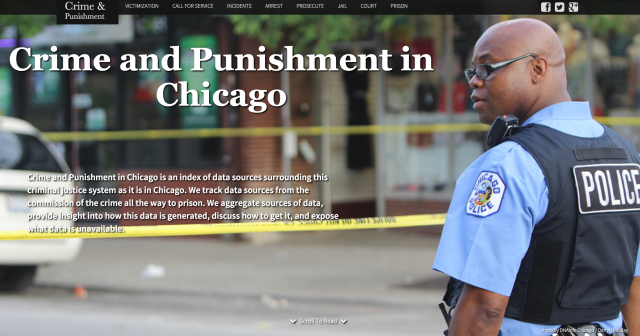The Smart Chicago Collaborative has been documenting the four community forums hosted by the Chicago Police Accountability Task Force and held across the city in the month of February.
The purpose of the meetings is to provide residents the opportunity to speak or submit written comments on improving the accountability, oversight and training of Chicago’s police officers.
We care about justice and we care about accountability, so we have sent text documenters, videographers (Community TV Network), and a photographer (me) to these convenings under our Documenters program, which “an essential tool for us to add new thinkers, generate ideas, and expand the field for civic tech.”
We show up at public meetings and document the proceedings because we’re interested in paying as much attention as we can to what others are saying, what their concerns are, and how they interact with official government structures. These community forums give us a great opportunity for this. We have a number of goals for this series:
- Document the actual proceedings, with special attention, in this instance, to the speakers from the public— exactly what questions were asked, what documents were referenced, and what answers were offered by the task force
- Research the questions and answers to the greatest degree possible. This includes learning more about the speakers, many of whom have decades of experience in their communities. Research and link to their organizations, their work, and the external documents, cases, and other matters that they reference
- Aggregate the information and draw some rudimentary conclusions. This means simple things like counting attendees and speakers as well as some more sophisticated analysis like grouping comment types and themes
Toward that end, here’s our documentation for meeting #1, held at on Tuesday, February 2, 2016 at Mt. Vernon Baptist Church JLM Life Center, 2622 W. Jackson Blvd.
The meeting notes:
The video (as taken by the Task Force and placed on their youtube channel), and this one, taken by Community TV Network, posted on the Smart Chicago youtube channel):
And photographs taken by me (download them all here in hi res) under Creative Commons 4.0 license).
Lastly, we want to document the format of the meetings— the exact mode of engagement. This includes things like location type, timing, room setup, speaker format, microphone placement, comment rules— all the things that make up the meeting so that we can help build an overall typology for public meetings. That’s next.
For now, please consider attending one or both of the last two meetings
























